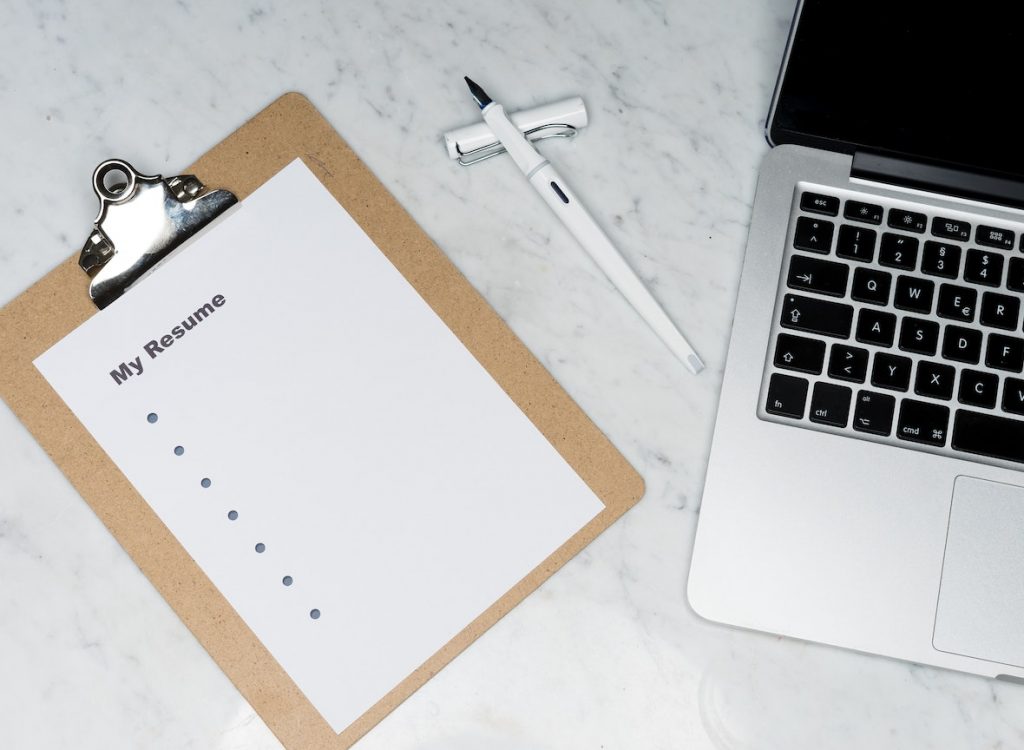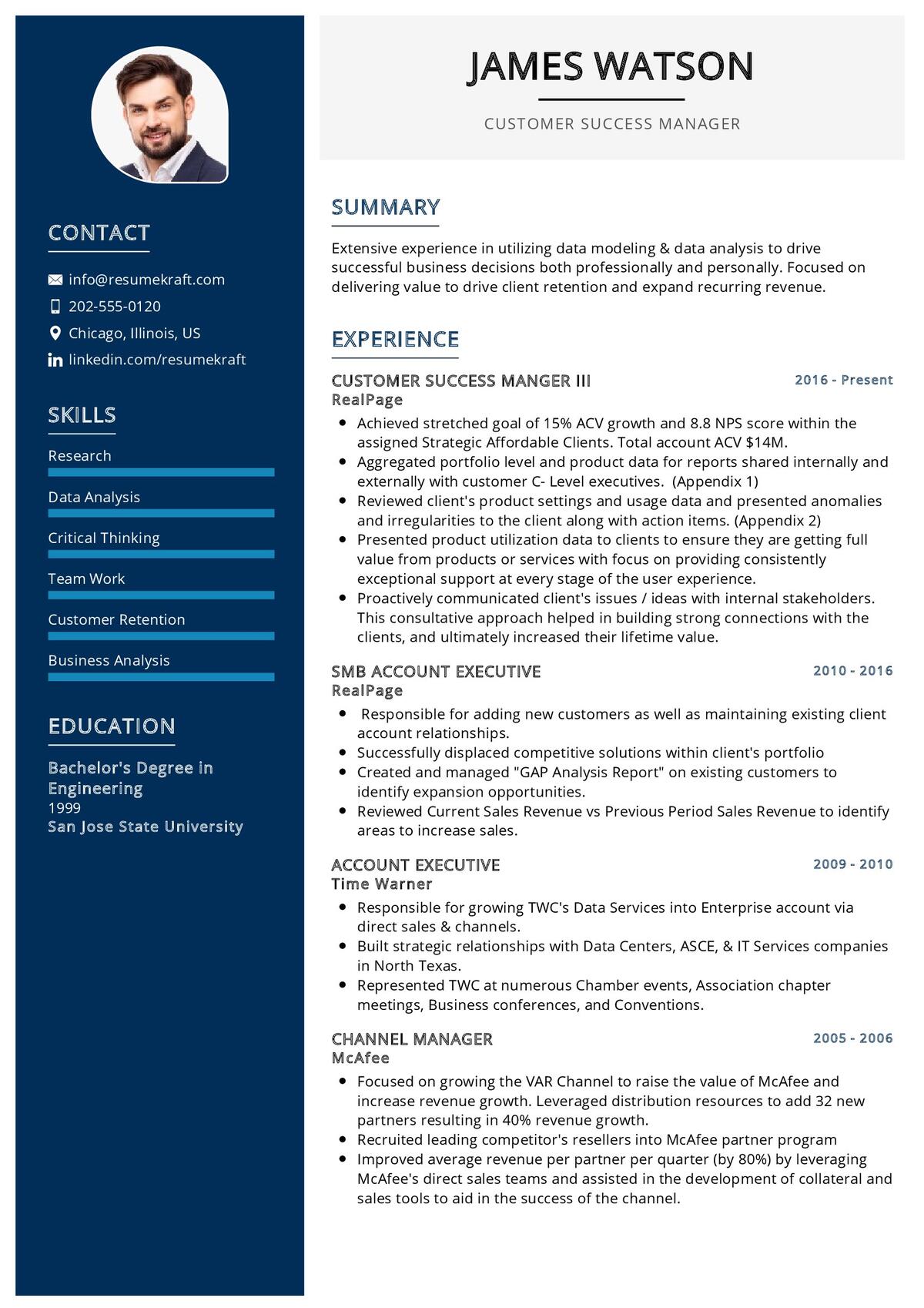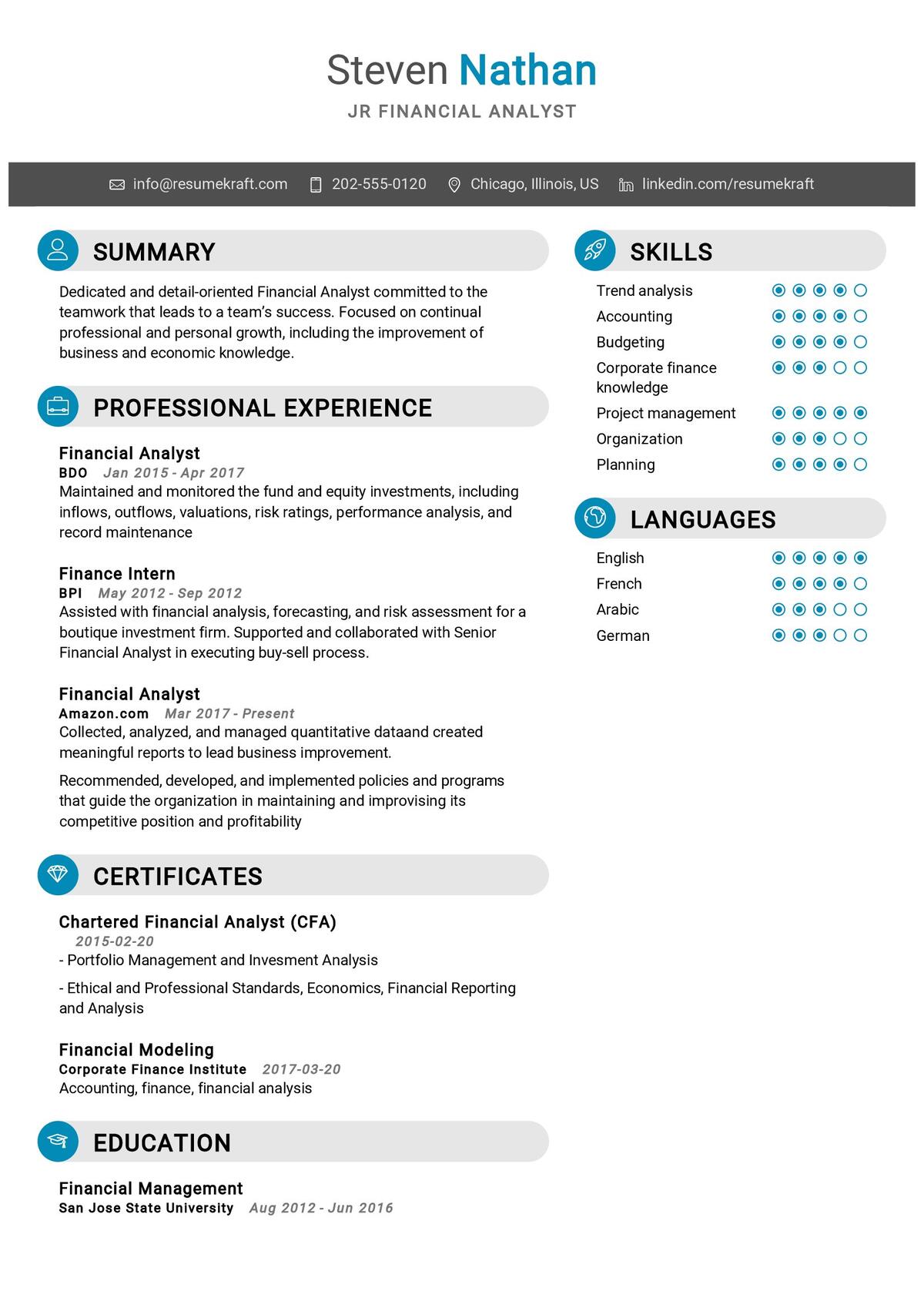
A resume is a document that highlights your work experience, education, skills, and other qualifications. It is typically used when applying for jobs, and is one of the most important pieces in your job application. Your resume should be tailored to the specific job you are applying for, and should include only the most relevant and recent information.
The purpose of a resume is to give potential employers a snapshot of your work history, skills, and qualifications. It is one of the most important pieces in your job application, and should be tailored to the specific job you are applying for. Your resume should only include the most relevant and recent information. Including only the most relevant and recent information is important because it allows potential employers to see what you are capable of and what you have accomplished recently. It also helps them to understand how you can contribute to their company.
In order to create an effective resume, you should first understand what information to include and how to format it. You should also keep in mind that your resume should be tailored to the specific job you are applying for.
- A resume is a document that contains a summary of your skills, experience, and qualifications.
- The purpose of a resume is to help you get hired for a job.
- A resume should be specific to the job you are applying for.
- A resume should be well-written and free of errors.
- A resume should be concise and to the point.
- A resume should be easy to read and understand.
- Frequently Asked Questions
- Conclusion
A resume is a document that contains a summary of your skills, experience, and qualifications.
It is used to apply for jobs and to provide potential employers with a snapshot of your professional qualifications.
Most resumes are one to two pages long. A resume should be clear, concise, and easy to read. It should be free of any grammar or punctuation errors.
Some employers may require a specific resume format, so be sure to check with the employer before you submit your resume.
When creating your resume, you should include the following sections:
- Contact Information: Include your full name, mailing address, phone number, and email address.
- Objective Statement: A brief statement that outlines your career goals and objectives.
- Education: Include the name and location of your school, as well as your degree and graduation date.
- Work History: A list of your previous employment experiences, including the job title, company name, and dates of employment.
- Skills: A list of your skills, including both hard and soft skills.
- References: A list of references that can attest to your qualifications.
- Other: Any other relevant information, such as professional memberships or volunteer experience.
When writing each section of your resume, be sure to use clear and concise language. Use action verbs to describe your experiences and accomplishments.
Your resume should be a snapshot of your professional qualifications, so be sure to showcase your best qualities. Highlight your skills, experience, and accomplishments that are most relevant to the job you are applying for.
If you need help creating your resume, there are many resources available, such as resume templates, resume builders, and professional resume writers.
The purpose of a resume is to help you get hired for a job.
A resume is a brief summary of your skills, qualifications, and experience. It is usually submitted with a job application. The purpose of a resume is to help you get hired for a job.
Most employers require candidates to submit a resume and cover letter as part of the job application process. The resume is a way for you to showcase your skills and experiences that match the requirements of the job you are applying for.
A well-written resume will help you stand out from the competition and increase your chances of getting an interview.

Here are some tips to help you write a great resume:
- Use a professional resume template
- Start with a summary of your skills and experience
- List your work experience in reverse chronological order
- Include your education and professional qualifications
- Use action verbs to describe your accomplishments
- Tailor your resume to each job you apply for
- proofread your resume for grammar and spelling errors
Following these tips will help you create a strong resume that will increase your chances of getting an interview.
A resume should be specific to the job you are applying for.
A resume is a concise, informative summary of your abilities, education, and experience. It should highlight your strongest assets and skills, and differentiate you from other candidates seeking similar positions. Although it alone will not get you a job or internship, a good resume is an important step toward obtaining an interview.
There are three types of resume formats: chronological, functional, and combination. Chronological resumes list your experience in reverse chronological order, with your most recent experiences first. Functional resumes highlight your skills and accomplishments rather than listing your work history chronologically. Combination resumes are a mix of the chronological and functional formats.
No matter which resume format you choose, keep in mind that the goal of your resume is to get you an interview. To do this, your resume must be clear and concise, and highlight your most relevant skills and experience.
A resume should be well-written and free of errors.
A well-written resume is important to landing a job interview. A resume should be free of errors, clearly organized, and include relevant information about your education and work experience.
When writing your resume, be sure to focus on creating a clear and concise document. Highlight your strengths and skills, and be sure to include any relevant experience or education. Remember to proofread your resume before sending it off to potential employers.
If you take the time to create a well-written and well-organized resume, you will increase your chances of landing a job interview.
A resume should be concise and to the point.
A resume should be a brief, concise document that outlines your key qualifications and experiences. It should not be a lengthy document that contains every detail of your work history. Instead, focus on key accomplishments and skills that are relevant to the position you are applying for.
When writing your resume, be sure to:
- Keep it concise: Your resume should be no more than one or two pages.
- Focus on relevant information: Include only information that is relevant to the position you are applying for.
- Use action words: Use strong, action-oriented language to describe your accomplishments and skills.
- Make it easy to read: Use clear, concise language and format your resume in a way that is easy to scan.
- Proofread: Be sure to proofread your resume before sending it off to potential employers.
Following these tips will help ensure that your resume is concise, relevant, and easy to read – all important factors in making a good impression on potential employers.
A resume should be easy to read and understand.

Did you know that the average employer spends less than one minute reading a resume? That’s why it’s important to make sure your resume is easy to read and understand, so that you can make a good impression and stand out from the competition. In order to make sure your resume makes a good impression on potential employers, Use clear and concise language, and organize your information in a way that is logical and easy to follow. Additionally, breaking up larger blocks of text into bullet points or short paragraphs can help make your resume more readable, and be sure to proofread your resume before sending it out.
By following these simple tips, you can help ensure that your resume will make a great impression and help you get one step closer to landing your dream job.
Planning to Write a Resume?
Check our job winning resume samples


Frequently Asked Questions
Ans. A resume is a document that outlines your qualifications, skills, and experience. It is used to apply for jobs and is often the first point of contact between an employer and a job seeker.
A. The purpose of a resume is to help an employer understand your qualifications and skills, and to determine whether you are a good fit for a particular job.
A. Your resume should include your contact information, education, work experience, skills, and references. You may also want to include a summary or objective statement.
Ans. A chronological resume lists your education and work experience in reverse chronological order. A functional resume focuses on your skills and experience, rather than on your chronological work history.
Conclusion
In conclusion, a resume is a vital tool in the job search process. It is a document that showcases your skills, experience, and qualifications in a way that is easy for employers to understand. A well-written resume can help you land the job you want and help you advance in your career.
Recommended Reading:

